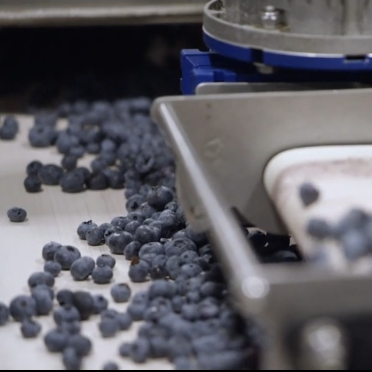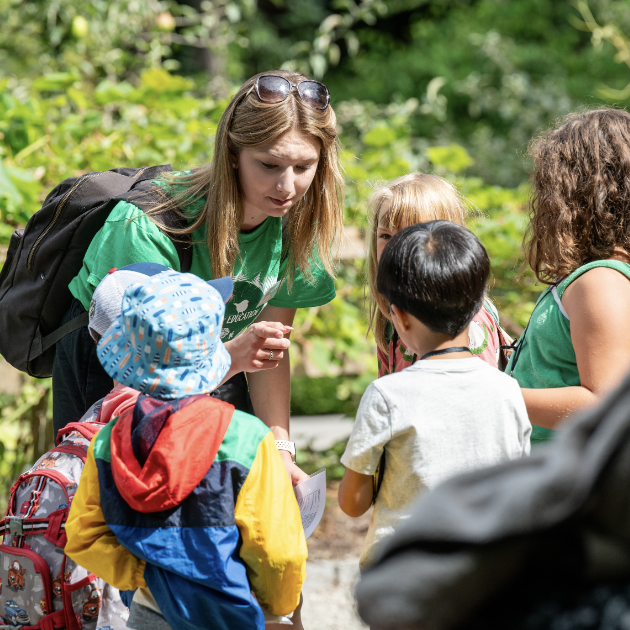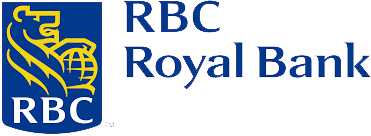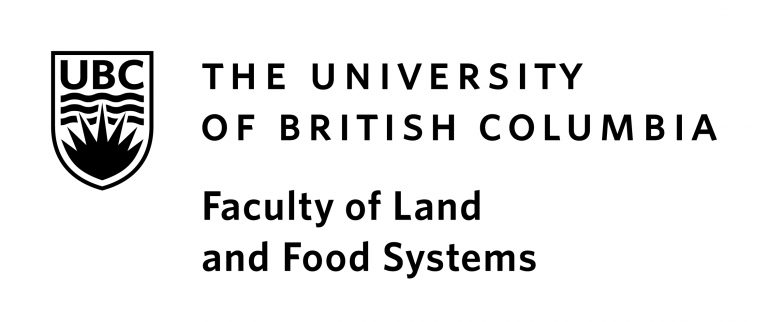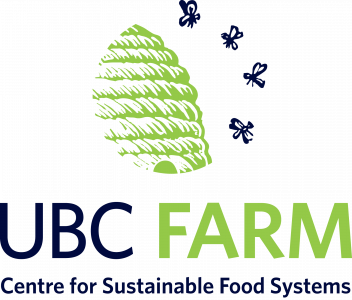Food at the Tipping Point: Ways Forward from a Food System in Crisis
Developing Organic Vegetables for a Changing Canadian Climate
Chris Thoreau and Aabir Dey talk us through what CANOVI is all about
Meet Weijia Wang, the new postdoc leading CANOVI
Developing Organic Vegetables for a Changing Canadian Climate
With the increase of temperatures and extreme weather events such as drought, flooding and heat waves, combined with the instability of organic seed availability and costs, it has become apparent that the food we grow needs to be adapted to the now rapidly changing climate. CANOVI, standing for Canadian Organic Vegetable Improvement, was launched in 2018 by the UBC Centre for Sustainable Food Systems, the Bauta Family Initiative on Canadian Seed Security, and FarmFolk CityFolk, as a participatory research project trialling organic vegetable varieties suitable for growth in the Canadian climate.
Farmer participants across Canada generate and share data, looking at traits that are important to both the economic and ecologic viability of a crop, such as heat tolerance, marketability, cold hardiness, flavour and yield. Researchers at UBC are also supporting plant breeding projects based on results from the trials.
This research has become particularly relevant since its inception as we’ve seen drastic environmental changes within just a few years. Developing local seed security and knowing which crops are resilient in unpredictable growing seasons will be key to maintaining our food system in times of crisis.
Check out these short videos to learn more and meet some of the people involved with CANOVI.
Read More | No Comments
By sandland on October 30, 2023
LFS 496 Student Profile: Rachel – Sole Food Street Farms Compost Specialist

Meet Rachel! The fantastic compost specialist who joined Sole Food Street Farms this season through the UBC Farm – Centre for Sustainable Food Systems career development placement.
Rachel built life in their boxes by conducting soil analysis and developing a new compost recipe using the farm’s Actium Composting Drum. When asked about their experience, Rachel shared:
“My tasks were similar day to day, but the soil was constantly changing, which was always exciting! I really loved opening the composting drum and seeing what had developed over the week. Otherwise, my favourite memories here were the simple ones: feeling the breeze on my skin while sampling in the fig and plum orchard, sticking a fork in the compost pile and watching the steam rise, and talking excitedly about new tomato varieties between rows.”
Read More | No Comments
By juliana cao on October 21, 2023
Applications open soon – UBC Farm Practicum in Sustainable Agriculture
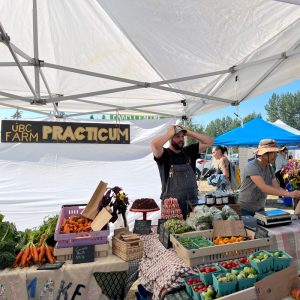
September 21, 2023
Be part of the future of farming and food systems. Join the UBC Farm Practicum in Sustainable Agriculture!
Our Practicum program is a hands-on educational program providing students with a full growing season of experience. The six-month experiential learning program is designed for aspiring farmers, environmental educators, gardeners, and students interested in applying knowledge about sustainable agriculture and food systems.
The 2024 program runs from April 11 to October 19. UBC students are eligible to receive from six to nine credits. Non-students encouraged to apply.
The deadline to apply is October 31st. Apply here.
Read More | No Comments
By sandland on October 6, 2023
Meet “Dogxim,” the world’s first known dog-fox hybrid—and a genetic oddity
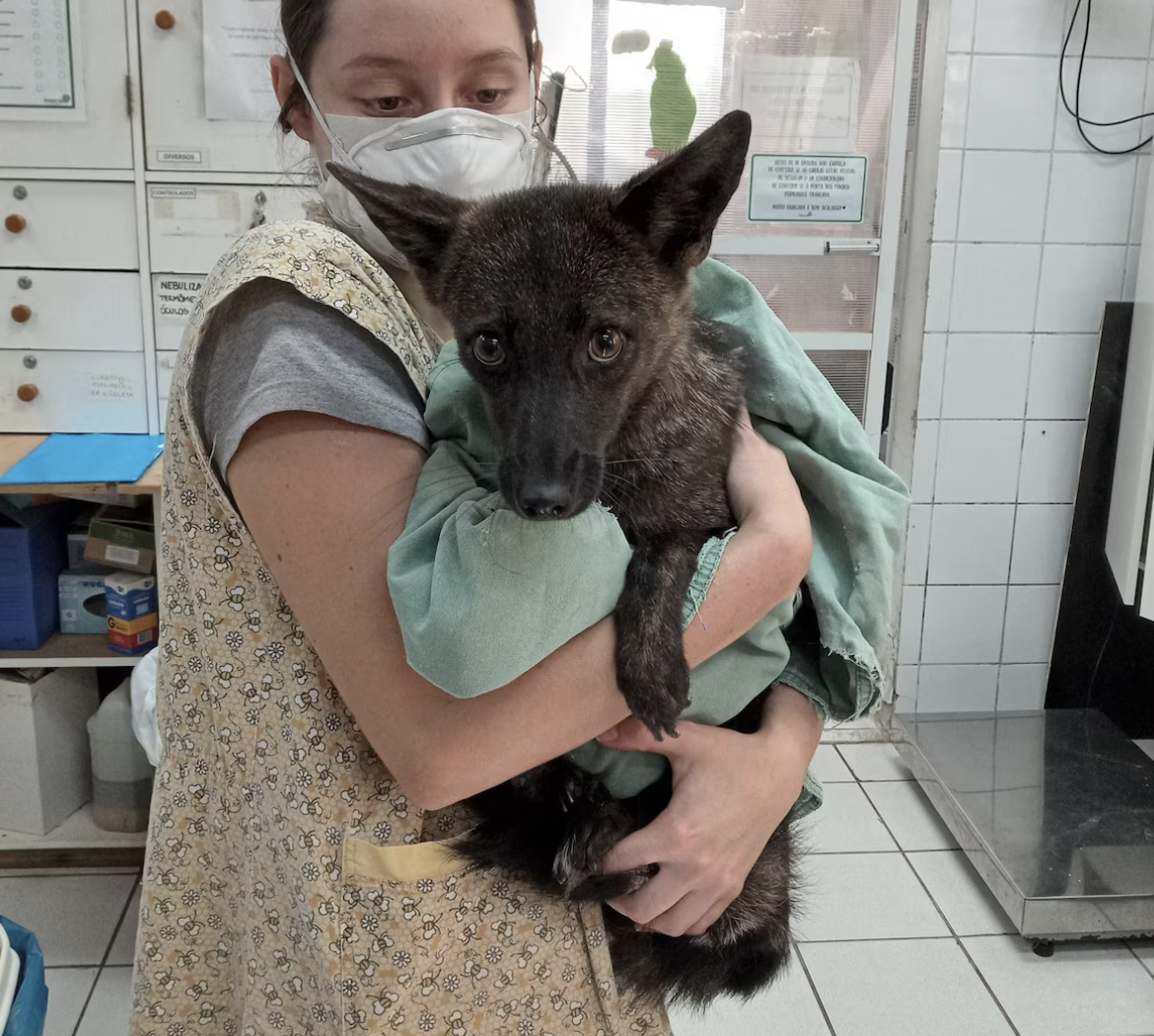
The first confirmed dog-fox hybrid, Dogxim. Photo credit: National Geographic
September 27, 2023
Botany professor Dr.Loren Reiseberg commented on this genetic oddity. “This is what one might expect to see in trees, but not vertebrates,” said CSFS Associate Loren Rieseberg. “It is like humans producing a viable hybrid with chimpanzees!”
“Data suggest hybridization has been much more common during the evolution of plants and animals than previously suspected, including between deeply divergent lineages,” Rieseberg notes.
Read the full article at National Geographic (subscription).
Read More | No Comments
By sandland on October 5, 2023
Canada’s wildfires take devastating toll on wildlife.
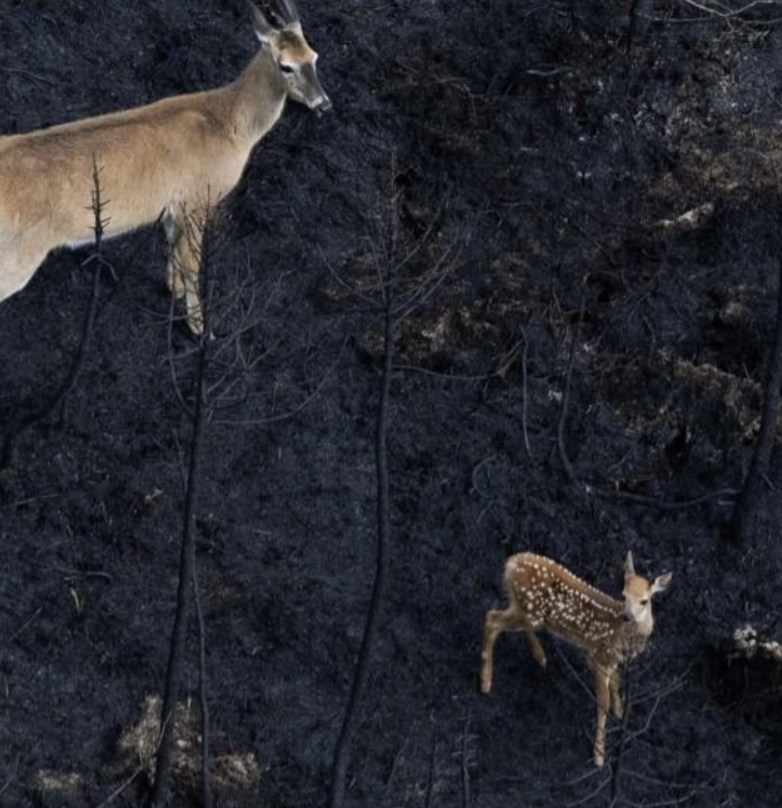
A deer and a fawn are seen in a blackened forest in Canada’s Nova Scotia province, where forest fires used to be rare, on June 22, 2023 © Handout / Nova Scotia Government/AFP
October 4, 2023
Land and food systems researcher Dr. Matthew Mitchell said fumes from wildfires have acute or chronic effects on the health of wildlife.
“These fumes have acute or chronic effects on the health of wildlife, says Mitchell. “Young animals are often more susceptible to the effects of smoke, as are humans,” he adds, and “even marine animals like whales and dolphins are affected when they emerge to breathe.”
Read More | No Comments
By sandland on September 29, 2023
‘The land will be lost forever:’ Okanagan is one of the most endangered ecosystems in Canada

Okanagan sunflowers on Knox Mountain in Kelowna. (ADAM PROSKIW / iNFOnews.ca)
September 25, 2023
CSFS Associate Dr. Kai Chan told iNFOnews.ca that the proposed South Okanagan-Similkameen National Park is a necessary development as the current laws are not effective at ensuring well-functioning ecosystems and protecting biodiversity.
“There’s a lot at stake and a lot of hopes being pinned on the national park because there aren’t other good mechanisms,” said Dr. Chan. “SARA, the Species at Risk Act is woefully under equipped for that purpose and British Columbia is one of two provinces that lacks a law to protect endangered species. So, there’s just like this big void of legislation and a lot being therefore loaded onto the national park.”
Read the full article at iNFO News
Read More | No Comments
By juliana cao on September 26, 2023
Work Learn Profile: Rei Clarissa, Children’s Program Assistant
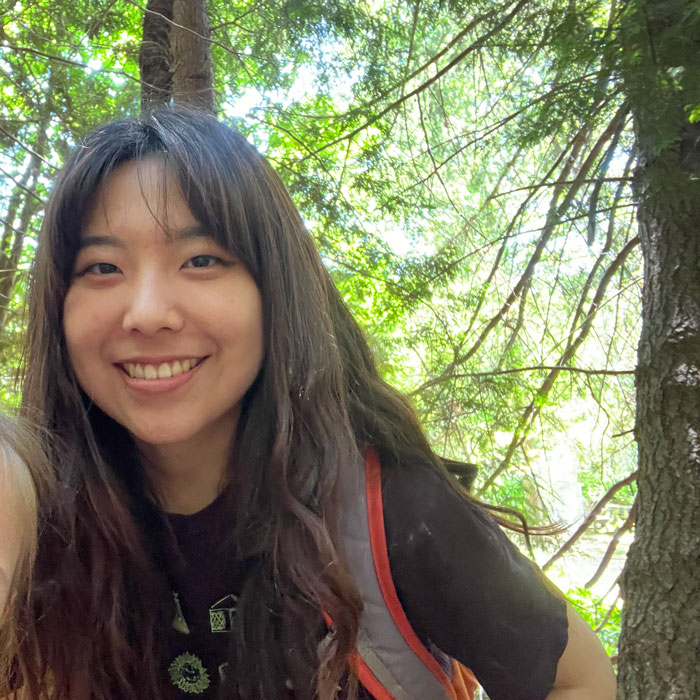
What did you learn in this position?
My name is Rei and I was one of the Children’s Program Assistants at the FarmWonders Camp. As someone who didn’t grow up surrounded by nature, I think this summer really hammered it home to me what it is that is at stake with global warming. It also made me realize how important our connection with nature is, and to never lose it.
Why does this work matter?
My experience has given me a newfound appreciation of our planet, which is why I think that FarmWonders is a wonderful program. In a world where kids are surrounded by computers and smartphones, I think it provides a great opportunity for kids to get back in touch with the living world around them and just be kids.
What would you tell a new student taking on this role? Or what do you wish you had known?
To new students taking on this role, I think the most important part is to have fun. Rediscover childlike wonder! Be curious, because God knows that I came in knowing almost absolutely nothing about plants and learned as much, if not probably more, than the kids. It’s also easier to teach kids about something when you’re obviously interested in it. Also, remember that every kid is different. But, really, one my favourite things was coming in on Monday to see what this week’s kids were going to be like!
What should people know about the UBC Farm that they probably don’t know?
I think a lot of people don’t know about the UBC Farm in general, because I’ve talked to a lot of people who were surprised that UBC has a farm at all. Which is a shame, because I’ve grown to love the UBC Farm so much. The community of people working at the Farm is so great and welcoming, and I think the story behind its existence today is one that people should know. I think it’s pretty cool to hear about a community coming together to protect this plot of land. In another world, there would only be housing and buildings where the Farm stands today, and what a sadder world that would be.
What’s your favourite thing to do at the UBC Farm?
My favourite thing to do at the UBC Farm was probably the Blueberry U-Pick. I love strawberries, and the UBC Farm strawberries are probably the best strawberries I’ve ever had in my life, but it’s also given me a new appreciation for people who pick strawberries. Other than that, I also like going to the Saturday Market just because it’s so fun!
Read More | No Comments
